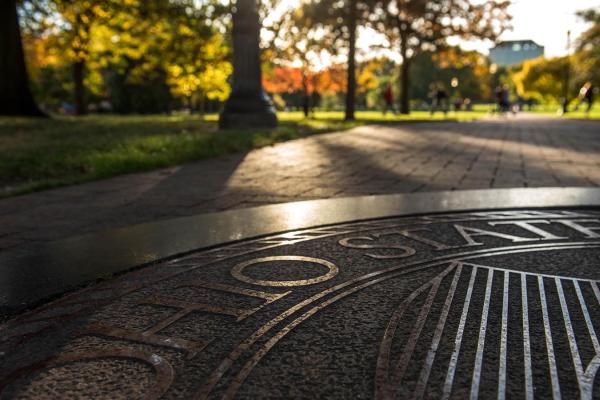Michael Neblo Testifies Before Select Committee on Modernization of Congress

IDEA Director Michael Neblo testified before the Select Committee for the Modernization of Congress June 5 at 11 am ET. Dr. Neblo was asked to discuss findings from his research that would enable Congress to engage more effectively and responsively with their constituents. The hearing also featured frequent partner Bradford Fitch of the Congressional Management Foundation and Marci Harris of Pop Vox, and was broadcast on C-SPAN 3 and livestreamed on YouTube.
The Select Committee was organized in January to study, make findings, hold public hearings, and develop recommendations on modernizing Congress. One of the committee’s major areas of focus is technology and innovation, and one of its broader objectives is engaging better with constituents, as House Minority Leader Kevin McCarthy noted when appointing his party’s members to the committee: “This committee cuts to the core of what the House of Representatives strives for every day: a direct conversation with the American people in an effort to solve problems and make our country and communities better. Technology has unquestionably improved House productivity, but we must aspire to do better when it comes to connecting with and serving the American people.”
Dr. Neblo’s testimony presented the dramatic impacts of the deliberative online townhalls experiment he conducted, including:
- These online deliberative sessions attracted every kind of citizen—the citizens who voluntarily participated in these deliberative were more representative of the country than the electorate.
- These events let lawmakers talk with more than “the usual suspects”—in fact, they particularly attracted citizens who tend not to follow politics or who have become disenchanted with the system. Furthermore, after participating, these citizens became more likely to vote and take part in political discussions.
- The design of the deliberative events—with participants reviewing non-partisan back materials and engaging in deliberation guided by impartial facilitators—resulted in high-quality, informed conversations, not talking points and simplistic arguments.
- 95% of constituent participants said that the sessions were “very valuable for democracy” and 97% said that they would want to participate in another.
- Participants surveyed four months after the deliberative event were 10% more likely to vote for the representative that engaged with them in this way.
He also introduced the goals of IDEA’s current research initiative, Connecting to Congress, which takes the deliberative principles from the previous research and integrates them into newer technologies, with the goal of bringing the practice of deliberative constituent engagement to scale.
